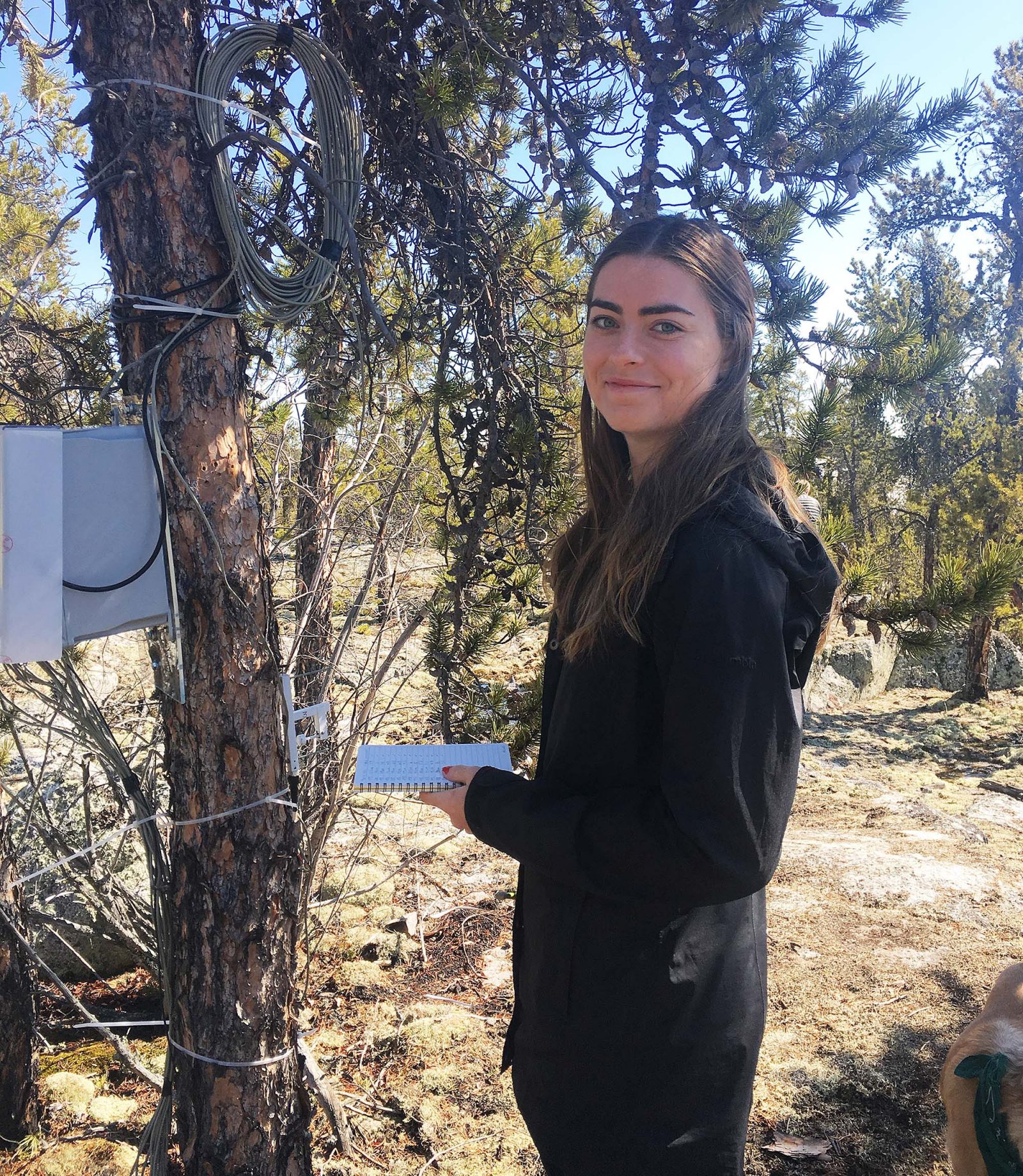Blog Contributor: Lydia Collas

Photo: SSAS Student Presentations in SSAS 5P03 (from left to right) Salima Medouar, Leaya Amey, Zach MacMillan, Ben House, Yuka Kataoka, Quratulain Shahzad, and Sylvia Hussein
Earlier this year, three Master of Sustainability students got a taste for project management providing a consultancy-type service to Facilities Management at Brock University. Project Manager, Leaya Amey, and her two teammates Sylvia Hussein and Qurat Shahzad, were tasked with carrying out a needs assessment of sustainability initiatives at Brock. The team spent a semester compiling an inventory of current sustainability initiatives whilst identifying areas for improvement. Based on best practices at other universities, the students provided guidance on how best to design initiatives to fill these gaps. In this blog post, Qurat shares how the project transpired and what the group learnt from the experience. Instalment
1. Qurat, this sounds like quite a large project – how did you go about achieving your goals?
During the first phase of the project, we held several meetings with our main clients Amanda Smits (ESRC) and Scott Jhonstone (Facilities Management), which were moderated by our Project Co-ordinator Bradley May. This allowed us to understand the needs of the clients and clarified any doubts that we had as a team going forward in the project. The second phase was research intensive and focused on compiling the inventory and identifying any gaps where Brock could be doing more. The third phase included coming up with key recommendations for Brock University; our action plan included targets which can be used to track Brock’s progress with their sustainability endeavors in the coming years. The final phase was to complete a project report and present our findings to our clients.
2. This must be one of your first experiences of this sort of work – what did you learn about project management?
This experience allowed us to understand the dynamics within a team project and what project management looks like in the real world. Often, it’s more about getting everyone on the same page and communicating the ideas clearly to avoid misunderstandings. We applied what we’d learnt in class out in the real world which saw us improve several key skills such as professional presentations, handling clients, communication skills, team work and time management. This made the course a really beneficial part of the Sustainability Science & Society (SSAS) Program. While all the other courses are mostly theoretical and research based, this course provided us with an opportunity to experience practical work and also showcase a possible career path in the future.
3. What impact do you think your work will have?
Our project is being used as the foundational work to be built on by two co-op positions, Special Project Assistant-Sustainability and Communications Assistant, in the ESRC this summer. These co-op students will work with the ESRC to continue this project in an effort to promote and enhance sustainability on campus.
4. Is there a moment that stands out as a highlight of this experience?
Scott was kind enough to take us on a tour of the Central Utilities Building which showed the inner workings of the Facilities Management Department and how they are working to incorporate sustainability into their daily operations. The highlight of the tour was getting to see the generators that produce enough electricity to make Brock energy independent and able to work off the grid.
Many congratulations to the two groups of SSAS students that completed the Projects Course – you can read about the experience of the other group who worked with the Town of Lincoln here.




















